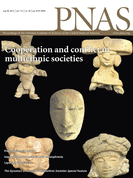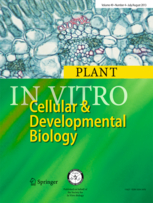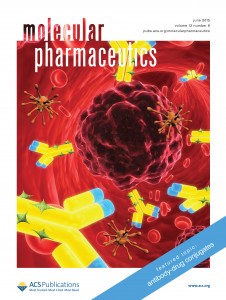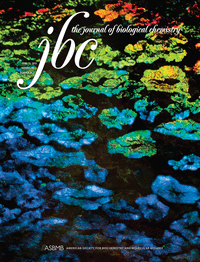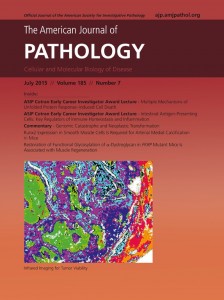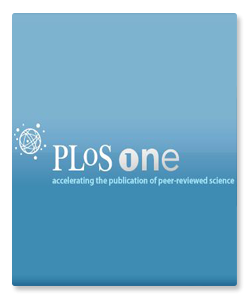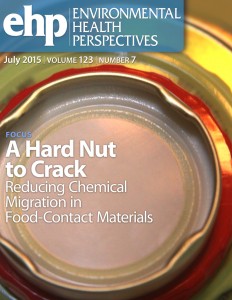 Authors of a widely covered study that documented traces of plague and anthrax on surfaces across New York City have revised the paper after public health officials challenged their interpretations of the data.
Authors of a widely covered study that documented traces of plague and anthrax on surfaces across New York City have revised the paper after public health officials challenged their interpretations of the data.
It’s hard to overestimate the attention these findings received when first published.
“Bubonic plague found in NYC subway,” wrote The Daily Beast.
“Your subway seat mate: Bubonic plague, anthrax, & mysterious DNA,” said Yahoo!
“NY subway has bubonic plague,” declared Newser.
Not so fast. In an erratum published July 29, the authors write: Continue reading Plague or anthrax on the subway? Think again, says now-corrected study

